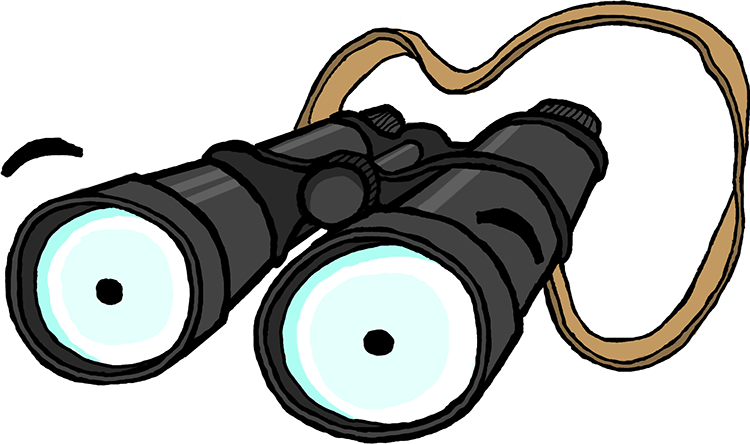The Salonika Campaign
On the 5th October 1915 the first British and French troops landed on the Greek port in Salonika (now called Thessaloniki). During the almost three year campaign, the British Salonika Force (BSF), French, Greek, Italian, Russian and Serbian contingents fought together at various points.
The Campaign
The BSF aimed to stop Bulgarian forces from joining the German and Austro-Hungarian attack on Serbia. With early Allied failures and German successes, Bulgaria saw a real possibility that the Central Powers would win the war, and so they joined them and declared war on Serbia on 13th October 1915.
By 14th December the Allies were forced to retreat to Greek territory towards Salonika. Although the Allies had 250,000 men they lacked the necessary equipment and supplies to fight along a 250 mile front. The front stretched from Albania to the mouth of the River Struma in Greece.
Many operations were launched throughout the three years but the Allied failure to break Bulgarian resistance resulted in a stalemate along the Salonika Front. It was not until 1918 that a surprise French and Serbian attack managed to break through the Bulgarian lines during the Battle of Doiran. The Salonika Campaign was long and dangerous, ending with the surrender of Bulgaria on 26th September 1918.
DID YOU KNOW...?
When the French and British got to Salonika they surrounded themselves in barbed wire for protection, the area became known as the Birdcage!
The Battle of Kosturino
On the 20th November 1915, Irish troops took over a Front Line ridge that ran from Kosturino, now a village in the Former Yugoslav Republic of Macedonia, towards the Greek border at Lake Doiran. Their aim was to stop Bulgarian forces advancing and cutting off escape lines, as well as hiding the Allied forces retreat to Salonika.
At Kosturino, the ground was hard and rocky so the trenches were just two feet deep, offering little protection from Bulgarian artillery and machine gun fire. Protecting a small mount, which the British called Rocky Peak, was essential for holding the ridge.
On 7th December the Bulgarians attacked and seized Rocky Peak, before turning their attention to the trenches filled with Irish servicemen. A new Front Line was established, the Bulgarians did not follow up with an attack so the Irish were able to hold their new position for a couple of days. The French troops were able to retreat with the Irish following to the Greek side of the border, where the Bulgarians were ordered to stop. By the 20th December British and French troops had returned to Salonika.
Owen Rutter (1889-1944)
Major Owen Rutter spent a lot of his war career in the Salonika Campaign, fighting in the Battle of Horseshoe Hill (August 1916) and the Battles of Doiran. He is best known for his poem, The Song of Tiadatha (a pun on ‘Tired Arthur’). It was a parody of Longfellow’s Song of Hiawatha.
The poem was published in sections under Owen’s pen-name Klip-Klip in the Balkan News, a troop newspaper that ran from 1915-1919. The main character of the poem, Tired Arthur, is a very human and recognisable figure. It tells a story of a man volunteering to fight in the war, seeing action, being injured and returning home on leave. The poem was very popular with the troops and was printed as a book in Salonika in 1919.
The Song of Tiadatha – Owen Rutter
Who on earth was Tiadatha?
A youth of two and twenty summers.
You could see him any morning
In July of 1914,
Strolling slowly down St James’s
From his comfy flat in Duke Street.
Little cared he of in those days,
Save of socks and ties and hair wash,
Girls and motor-cars and suppers.
There were many Tired Arthurs
In July of 1914.
Then came war, and Tiadatha
Read his papers every morning,
Read the posters on the hoardings,
Read “Your King and Country want you.”
[extract]
Sports Field Day
Throughout the First World War sports played an important part in boosting morale and entertaining those serving. In May 1916, Allied troops stationed near Salonika organised a Sports Field Day and many officers, soldiers and medical staff joined.


